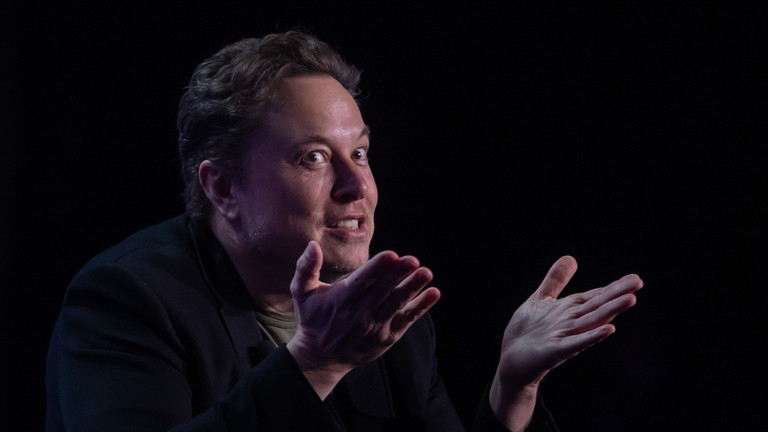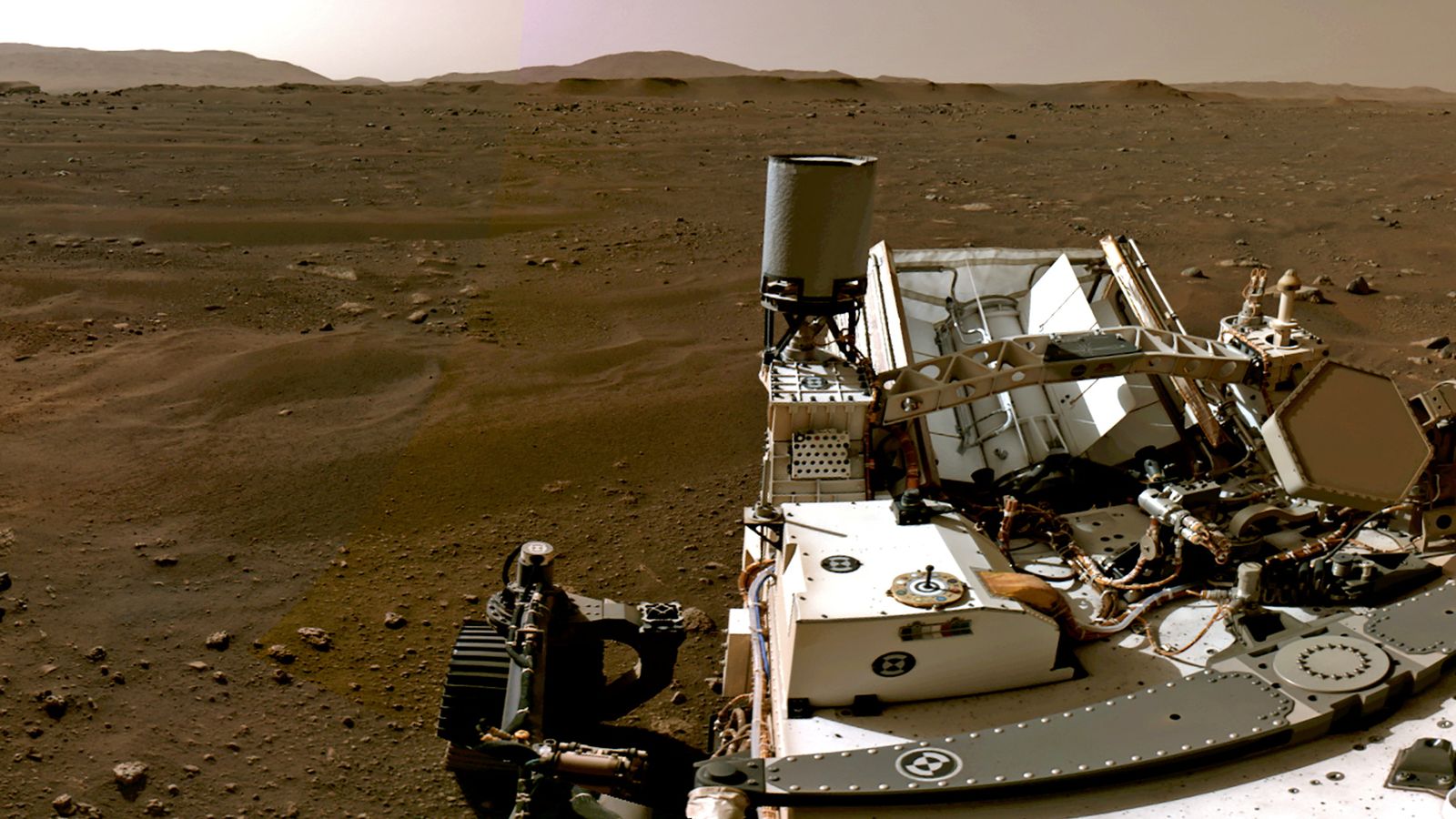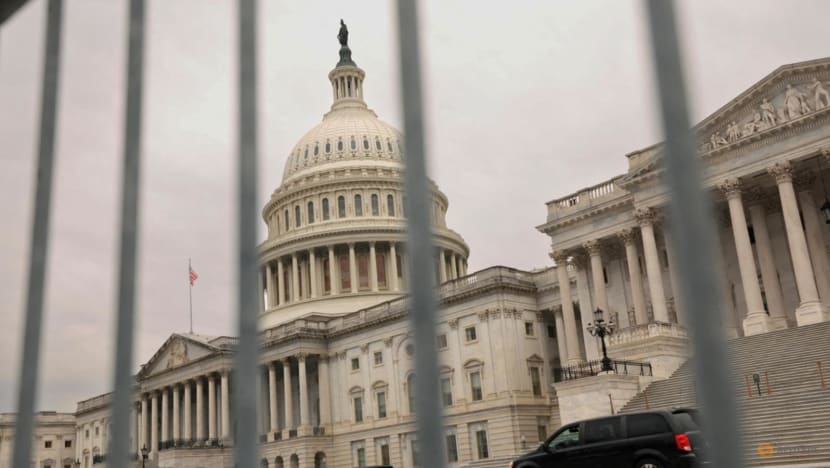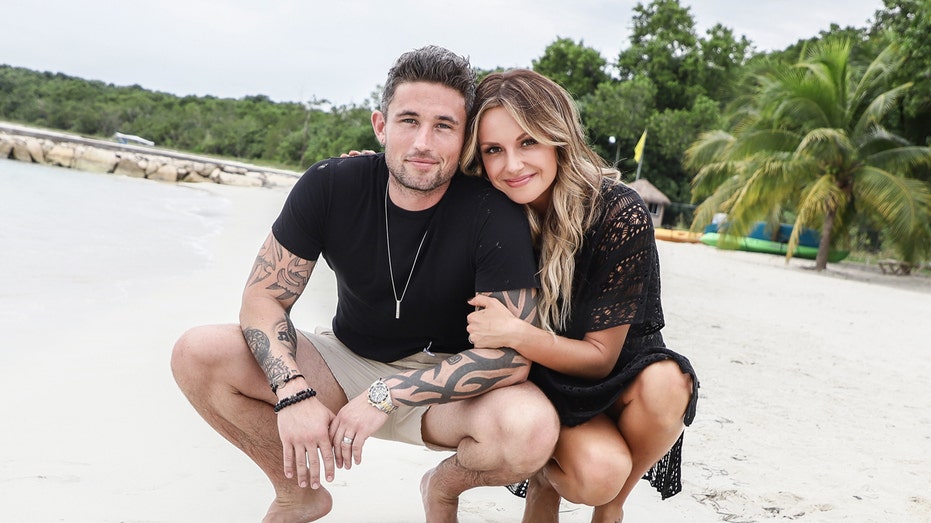On the 80th anniversary of the atomic blast, the mayor of Nagasaki gives a terrifying warning.
A local leader is urging international action as Japan commemorates the 80th anniversary of the atomic bombings of Hiroshima and Nagasaki and warns that same destruction could occur again.
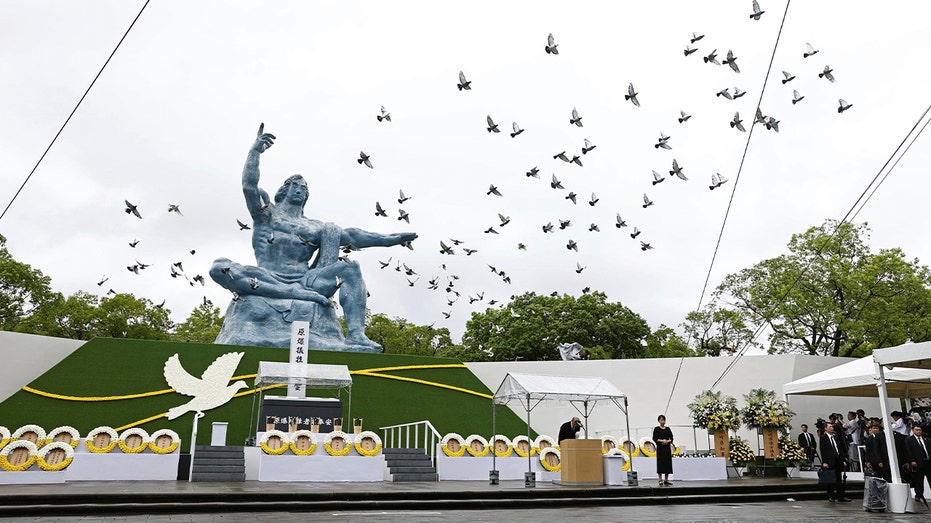
The mayor of Nagasaki is warning that the world may witness another horrific attack of this nature as Japan commemorates the 80th anniversary of the atomic blasts.
According to the Associated Press, about 2,600 people attended the memorial service on Saturday at Nagasaki Peace Park, which included delegates from 90 different countries. The participants observed a moment of silence at precisely 11:02 a.m., when the bomb detonated over the city. Speaking to the throng, Shiro Suzuki, the mayor of Nagasaki, whose parents survived the 1945 attack, urged international action against nuclear weapons.
"Conflicts around the world are intensifying in a vicious cycle of confrontation and fragmentation," Suzuki told a crowd on Saturday, according to a translation by The Mainichi. "If we continue on this trajectory, we will end up thrusting ourselves into a nuclear war. This existential crisis of humanity has become imminent to each and every one of us living on Earth."
Mayors for Peace, which brings together mayors and city leaders from across the globe, is holding its 11th General Conference in Nagasaki this weekend as the city mourns the tragic day. The organization's aim is to abolish nuclear weapons, a point Suzuki emphasized in his remarks.
"In order to make Nagasaki the last atomic bombing site, it is essential to show a specific course of action for achieving the abolition of nuclear weapons. Procrastination can no longer be tolerated," Suzuki said, according to The Mainichi.
The mayor also noted that the 2026 Review Conference of the Parties to the Treaty on the Non-Proliferation of Nuclear Weapons (NPT) "will represent a crucial moment capable of swaying the fate of humanity."
Every five years, world leaders meet to review the provisions of the NPT, which was opened for signature in 1968 and entered into force in 1970, 25 years after the bombings of Hiroshima and Nagasaki.
The U.S. dropped two atomic bombs on Japan three days apart. The first was dropped on Hiroshima on Aug. 6, 1945, and the second was dropped on Nagasaki three days later, on Aug. 9. The bombs decimated both cities, leading to Japan’s surrender on Aug. 15, 1945, and later the end of World War II.
A bomb nicknamed "Little Boy," weighing approximately 9,000 pounds and producing an explosive force equivalent to 20,000 tons of TNT, detonated 1,800 feet over Hiroshima, causing massive devastation. "Fat Man," the bomb dropped on Nagasaki, weighed 10,000 pounds and detonated at approximately the same altitude as "Little Boy."
"I would like to express my deepest condolences for the lives claimed by the atomic bombings, and to all of the victims of war," Suzuki said, according to The Mainichi. "In marking 80 years from the atomic bombing, Nagasaki has resolved to continue our duty to relay, both inside Japan and overseas, the memories of the bombing, which are a common heritage to all humanity and should be passed down for generations throughout the world."
He concluded with a declaration, which was also translated by The Mainichi: "I hereby declare that in order to make Nagasaki the last atomic bombing site now and forever, we will go hand-in-hand with global citizens and devote our utmost efforts towards the abolition of nuclear weapons and the realization of everlasting world peace."















